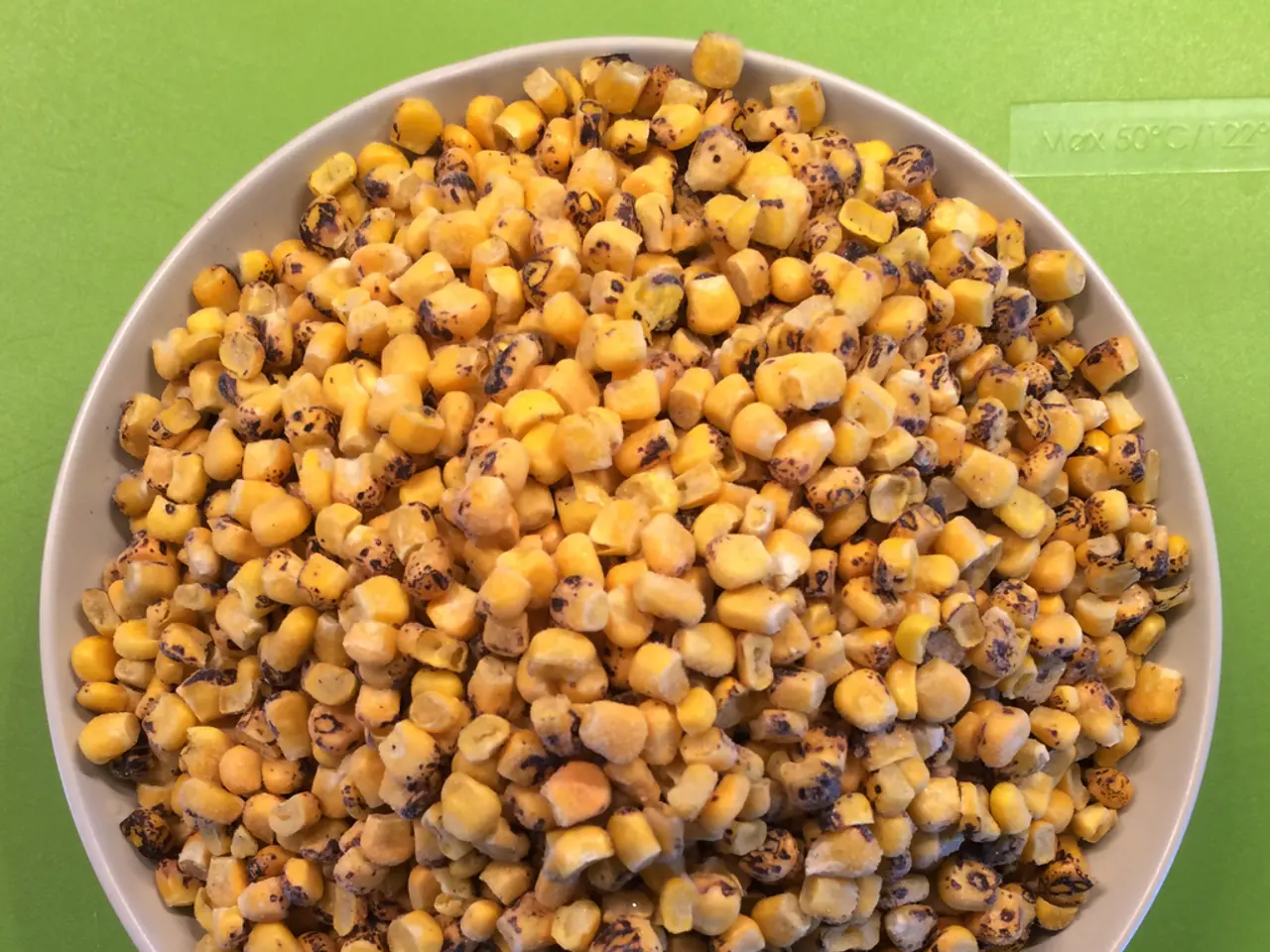Plant-Sharing Hubs: Disseminating Surplus Harvests
In a world where climate change is altering weather patterns, the importance of maintaining a diverse range of plant varieties has never been more significant. Seed libraries, a growing phenomenon across the United States, are playing a crucial role in this endeavour.
These community-led initiatives focus on seed preservation, safeguarding heirloom and locally adapted plant varieties that thrive under shifting conditions. By providing free access to diverse, regionally adapted seeds—especially native, heirloom, and open-pollinated varieties—seed libraries encourage local seed saving, sustainable gardening, and the perpetuation of genetically diverse plant populations.
Seed libraries like Lawrence Public Library’s Seed Library and Red Deer Public Library’s Seed Library are prime examples of this. They focus on sustainable seeds well-adapted to the local climate, encouraging community members to save and donate seeds back, thus preserving seed diversity and reconnecting to historical agricultural practices.
Moreover, these libraries actively participate in seed preservation efforts to guarantee seed purity and quality. They test seeds for viability and store them properly to keep the seeds pure and high-quality. This meticulous process helps communities adapt by providing access to resilient seeds that support climate resilience.
Education is another key aspect of seed libraries. Through workshops and collaboration with community partners, these libraries raise awareness about biodiversity’s vital role, sustainable gardening practices, and environmental stewardship. Local seed initiatives and seed saving classes further nurture community collaboration and resilience.
Seed libraries also contribute to food security by promoting local food production, supporting school and community gardens, and providing hands-on learning opportunities about agriculture and ecological connections.
However, urban access and economic barriers can make seed libraries seem out of reach for some. Many programs actively work to break these barriers, offering free or low-cost seeds and resources. This inclusivity is essential, as over 1,800 seed libraries now thrive across the U.S., showcasing how sharing seeds fosters biodiversity and community resilience.
In short, seed libraries serve as hubs for preserving plant genetic diversity, empowering communities through education, and fostering sustainable, localized food systems that enhance ecological resilience and biodiversity. They are a testament to the power of community collaboration and a beacon of hope for a greener, more resilient future.
- Understanding the importance of maintaining diverse plant varieties in the face of climate change, seed libraries in the United States are becoming increasingly significant.
- Focused on seed preservation, these community-led initiatives safeguard heirloom and locally adapted plant varieties that perform well under changing weather conditions.
- By offering free access to diverse, regionally adapted seeds, seed libraries encourage local seed saving, sustainable gardening, and the continuation of genetically diverse plant populations.
- In addition to preservation, seed libraries actively engage in education, conducting workshops and collaborating with community partners to promote environmental stewardship and biodiversity.
- Furthermore, seed libraries contribute to food security by promoting local food production, supporting school and community gardens, and offering hands-on learning experiences about agriculture.
- Despite urban access and economic barriers, many seed libraries are breaking these barriers by offering free or low-cost seeds and resources, emphasizing inclusivity as over 1,800 seed libraries now prosper across the U.S.




